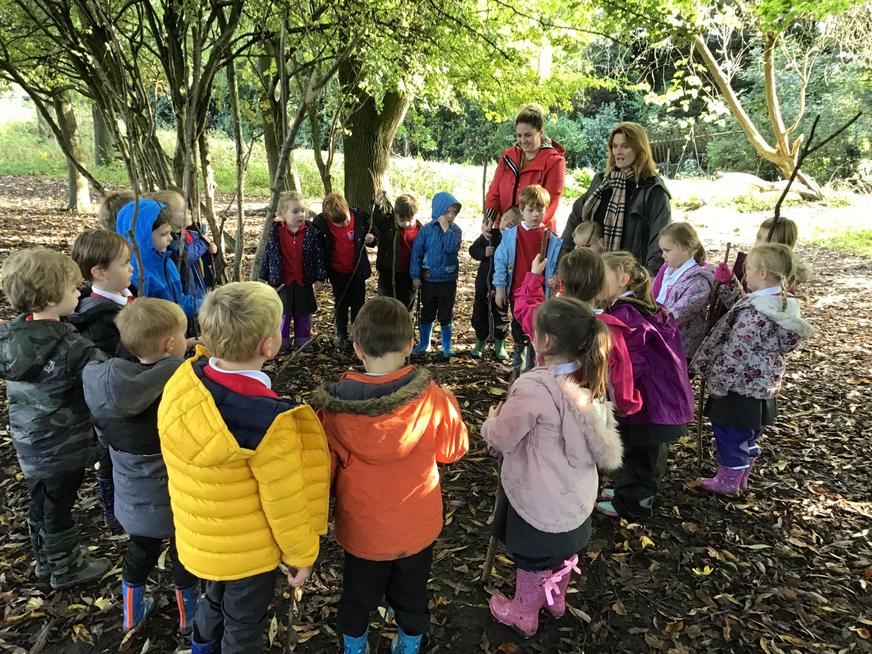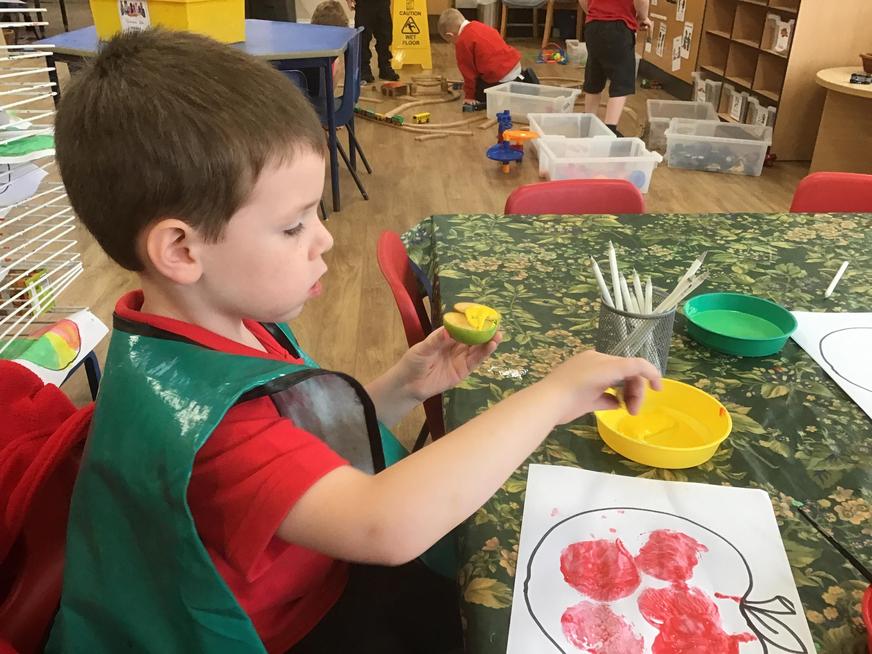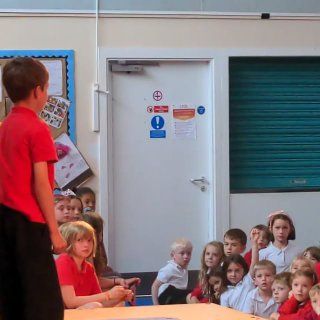- Home
- Find out
- Join in
- Learn more
- Our Curriculum
- Discovery Curriculum Overviews
- Our subjects
- Assessment
- Class 1+2 (EYFS)
- Class 3+4+5 (KS1)
- Class 6+7+8 (LKS2)
- Class 9+10+11 (UKS2)
- Health
- Homework
- Online Safety
- Phonics and early reading
- Play
- Relationships and sex education
- Religious Education
- Remote Learning
- Spiritual, Moral, Social & Cultural (SMSC)
- Staying safe (support for children)
- News and events
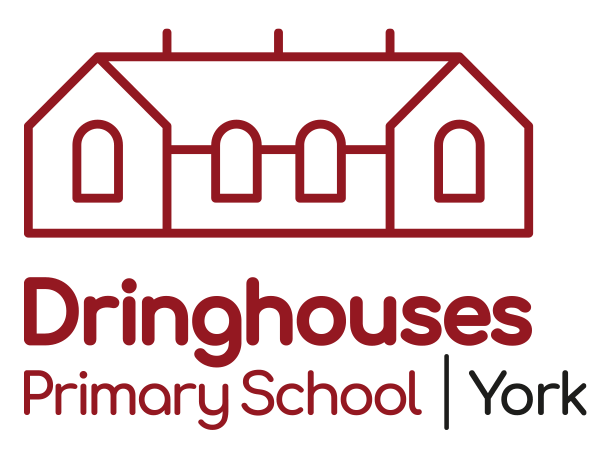

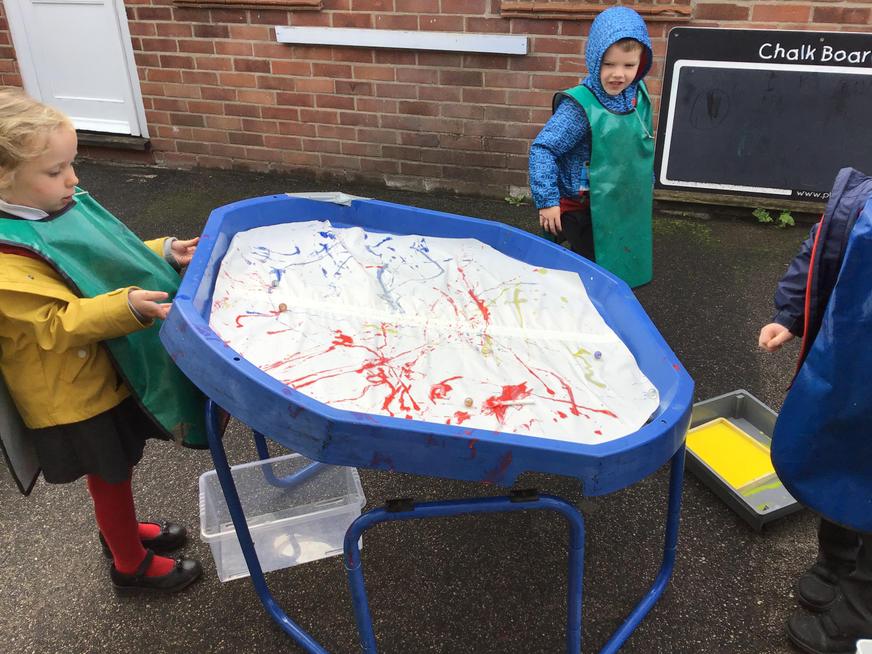

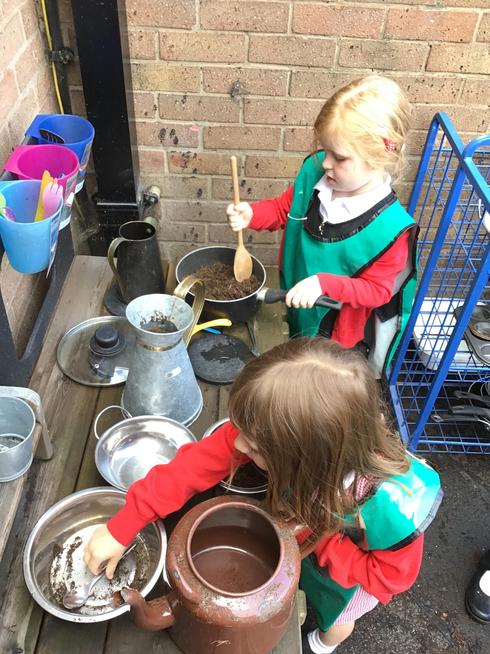
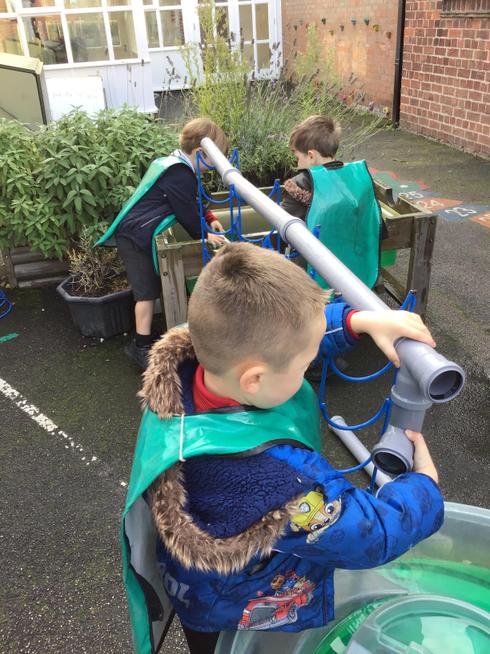
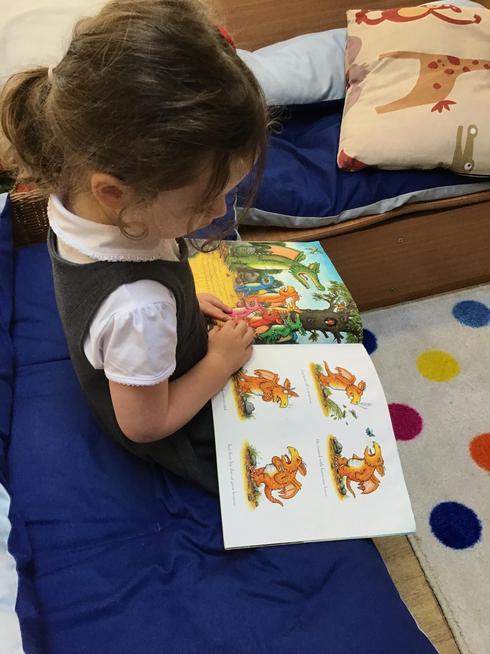
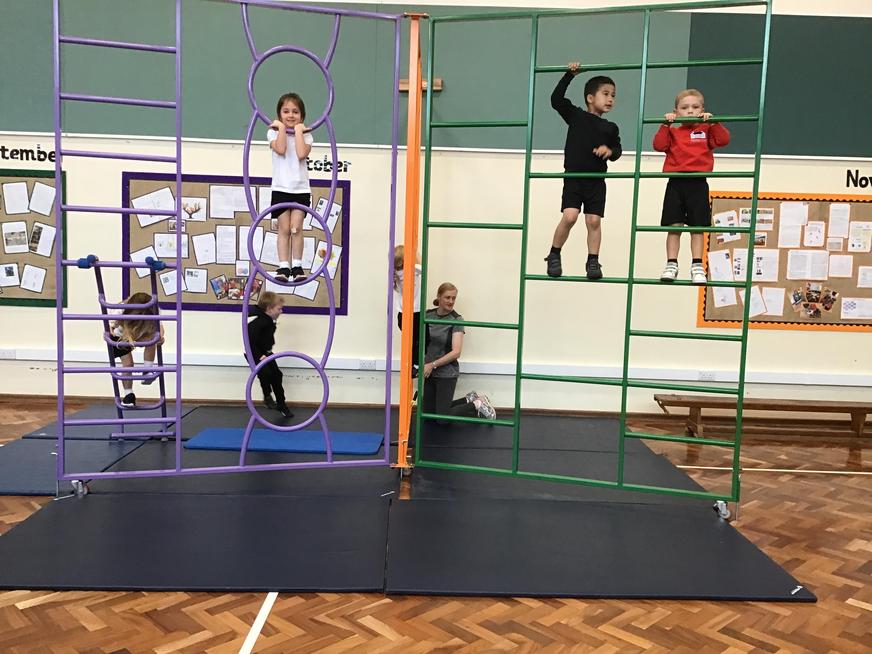

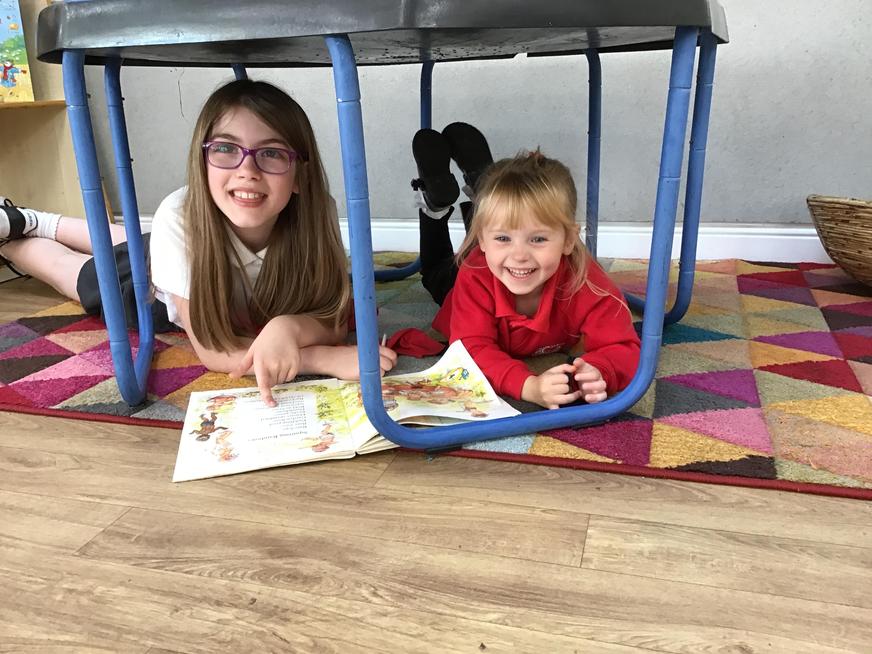
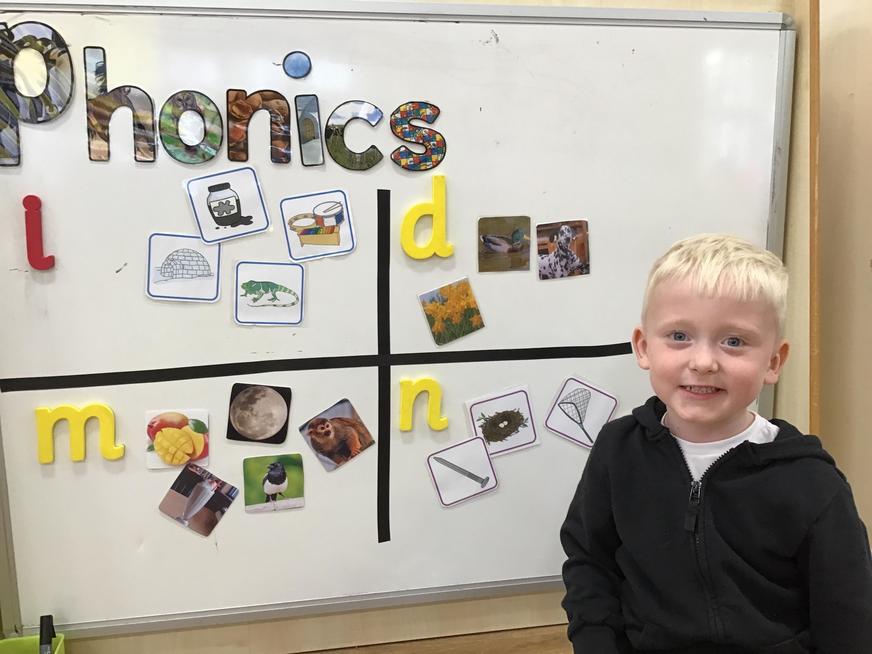
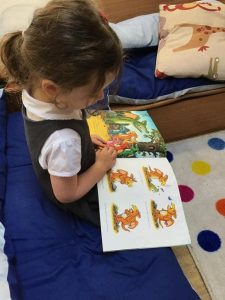 Children start their reading journey on wordless picture books before moving onto phonically decodable books, in which children are able to successfully and accurately apply their phonics learning to segment, blend and read a variety of texts. High quality texts are also fundamental in Reception and are not just used to drive and enrich the English curriculum but also the wider curriculum. High quality texts are also incorporated throughout the provision which children can access independently as well as with the support of an adult.
Children start their reading journey on wordless picture books before moving onto phonically decodable books, in which children are able to successfully and accurately apply their phonics learning to segment, blend and read a variety of texts. High quality texts are also fundamental in Reception and are not just used to drive and enrich the English curriculum but also the wider curriculum. High quality texts are also incorporated throughout the provision which children can access independently as well as with the support of an adult. 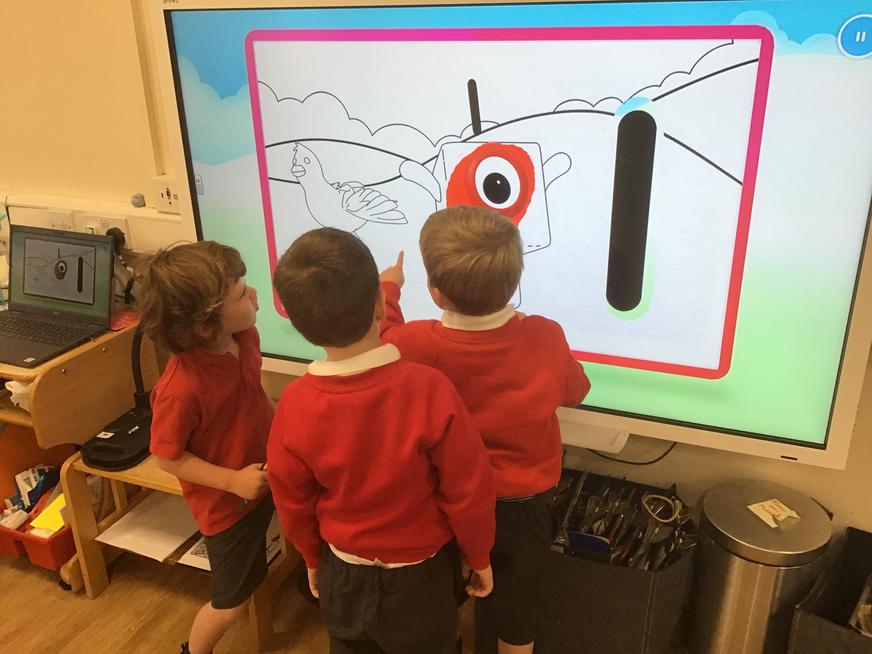
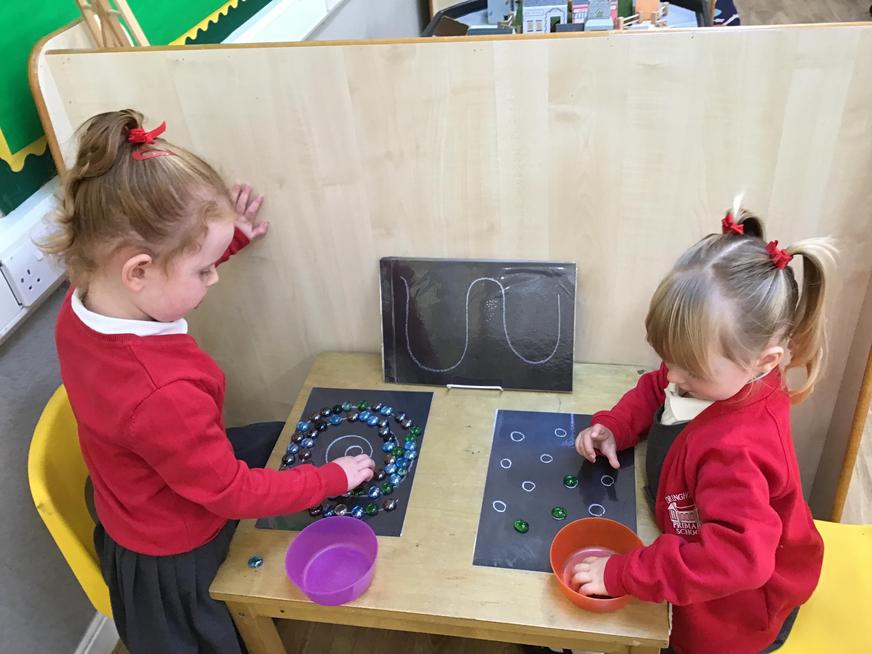
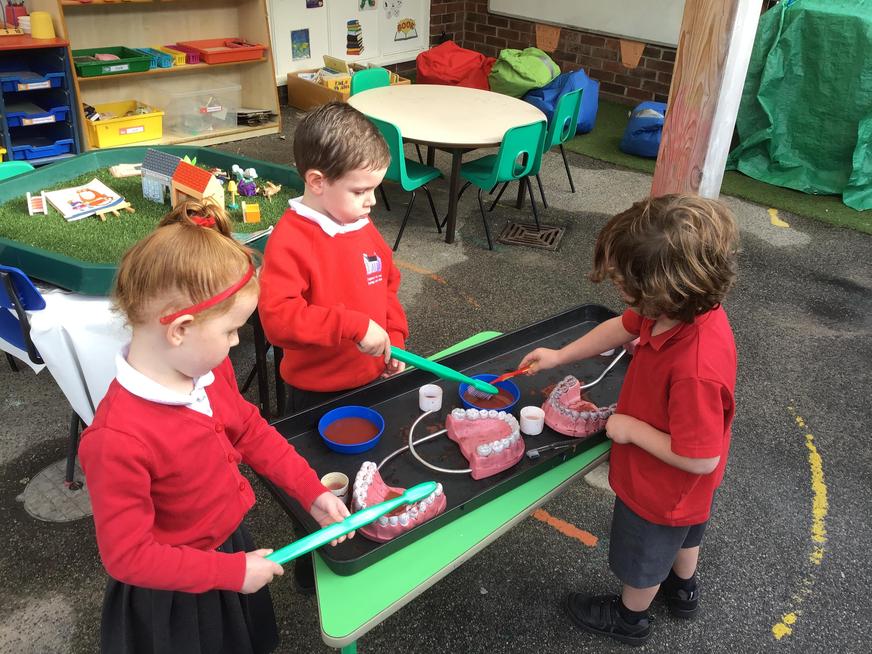
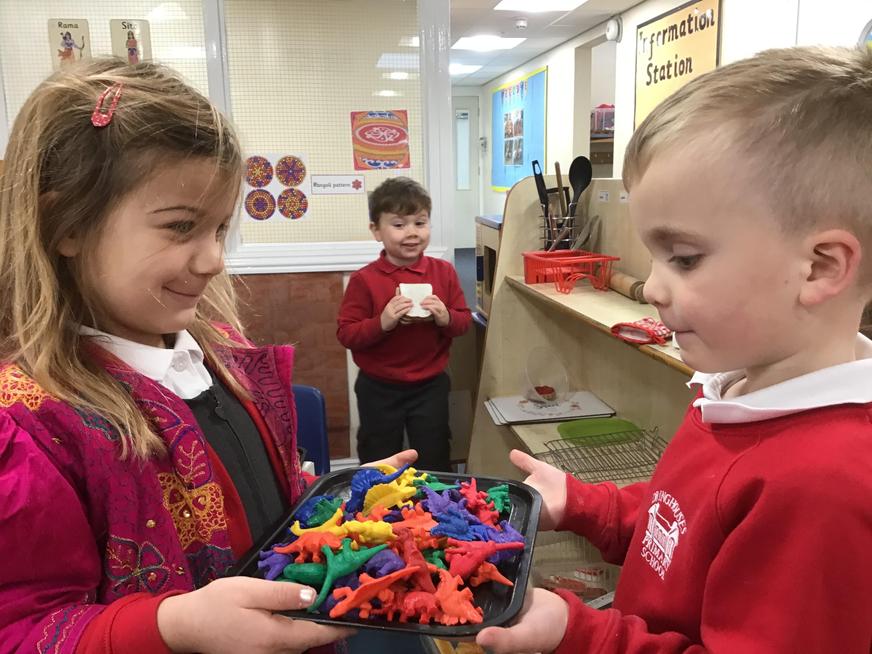
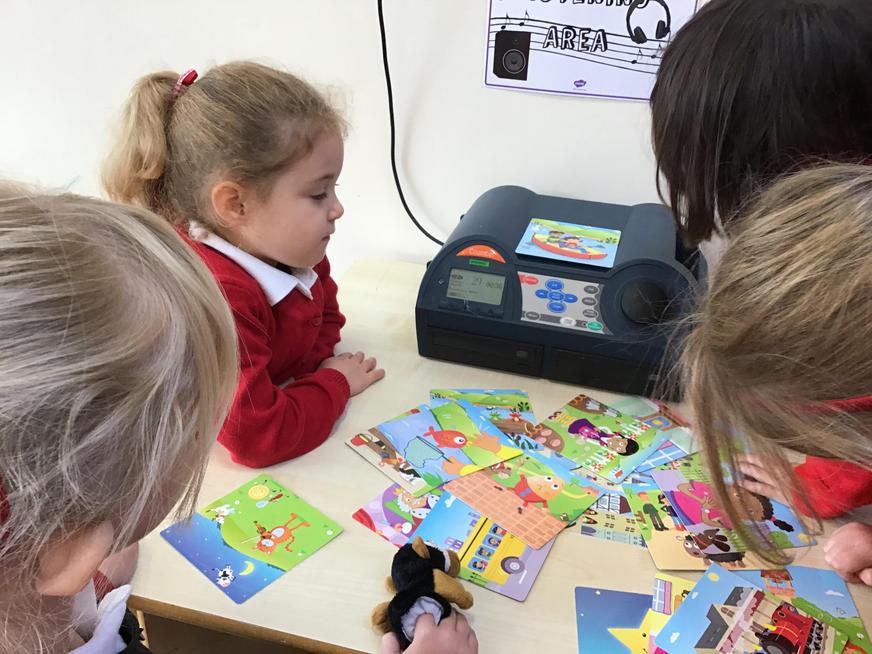
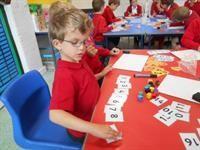 As with reading and writing, mathematics is everywhere in the Reception classrooms at Dringhouses. In addition to focused teaching sessions, children enjoy learning through real life experiences, be it weighing out ingredients to bake biscuits, pouring a drink that does not spill or playing shops – the mathematical brain is always working. At Dringhouses, we use White Rose Maths Hub resources, Numberblocks, practical resources, problem solving activities, games and number rhymes and songs to develop a love of maths and a deeper understanding of number, numerical pattern, shape, pattern and measures.
As with reading and writing, mathematics is everywhere in the Reception classrooms at Dringhouses. In addition to focused teaching sessions, children enjoy learning through real life experiences, be it weighing out ingredients to bake biscuits, pouring a drink that does not spill or playing shops – the mathematical brain is always working. At Dringhouses, we use White Rose Maths Hub resources, Numberblocks, practical resources, problem solving activities, games and number rhymes and songs to develop a love of maths and a deeper understanding of number, numerical pattern, shape, pattern and measures. 